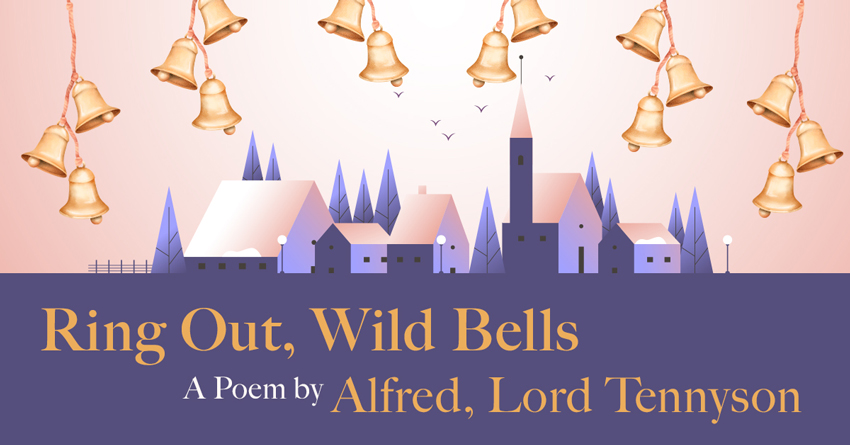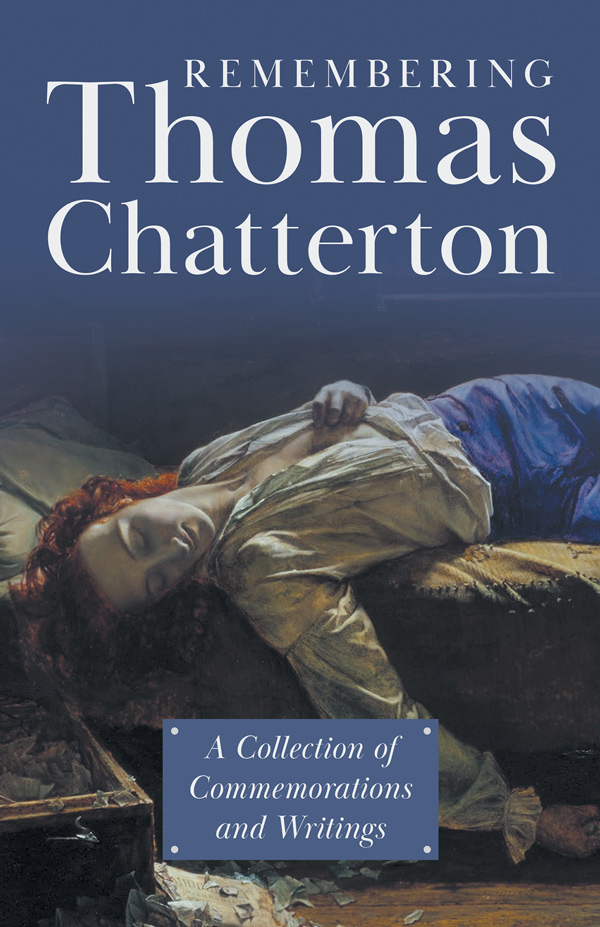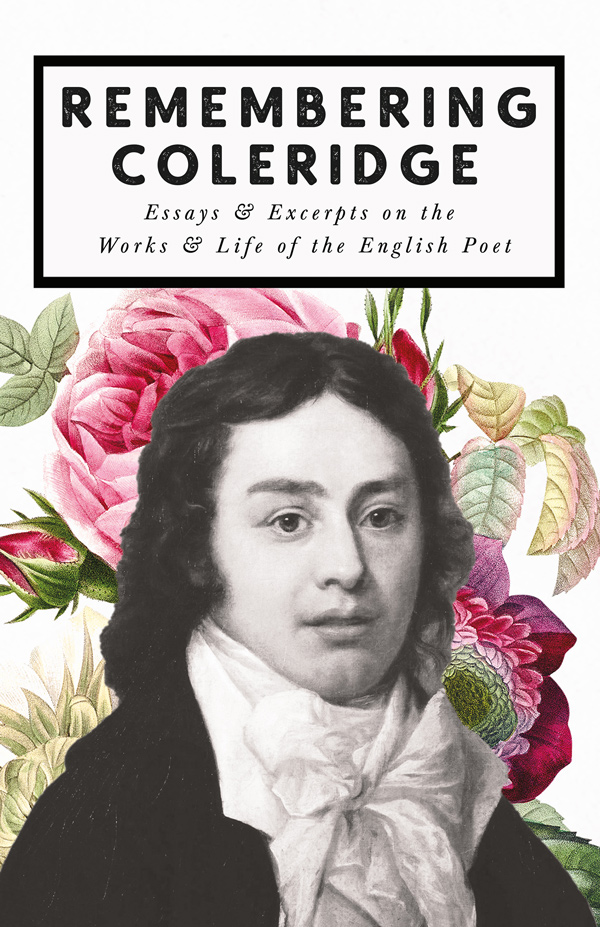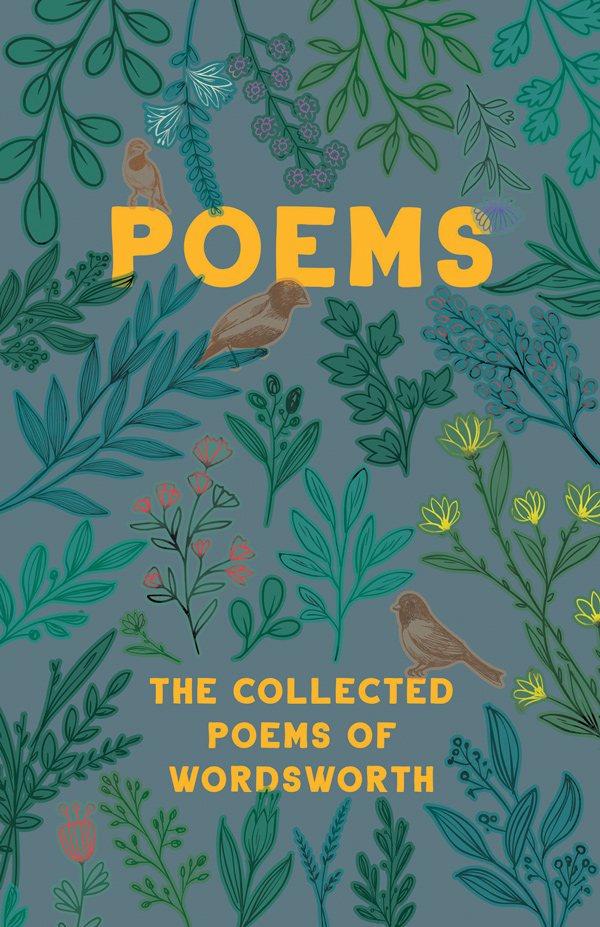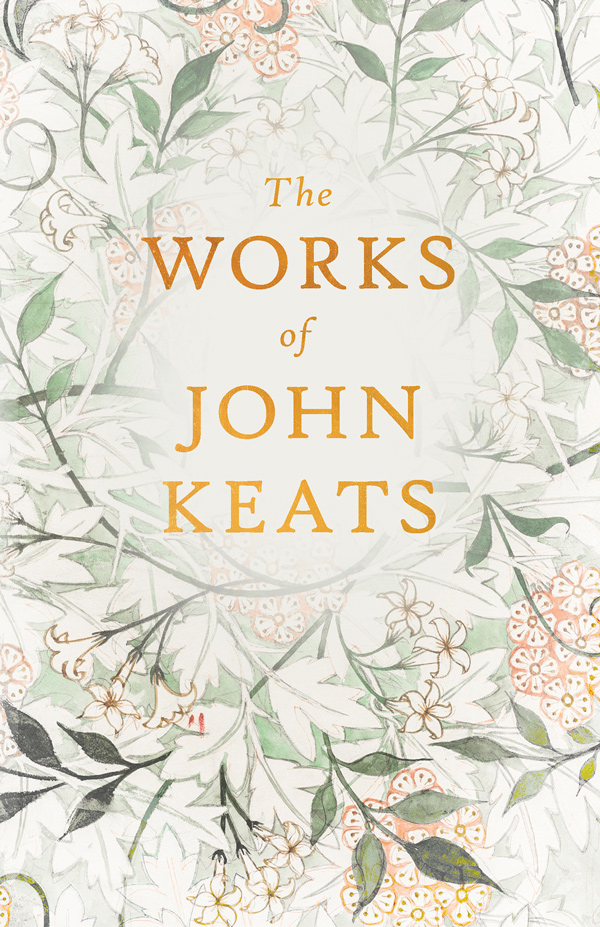Ring Out, Wild Bells by Alfred, Lord Tennyson
Ring out, wild bells, to the wild sky,
The flying cloud, the frosty light:
The year is dying in the night;
Ring out, wild bells, and let him die.
Ring out the old, ring in the new,
Ring, happy bells, across the snow:
The year is going, let him go;
Ring out the false, ring in the true.
Ring out the grief that saps the mind
For those that here we see no more;
Ring out the feud of rich and poor,
Ring in redress to all mankind.
Ring out a slowly dying cause,
And ancient forms of party strife;
Ring in the nobler modes of life,
With sweeter manners, purer laws.
Ring out the want, the care, the sin,
The faithless coldness of the times;
Ring out, ring out my mournful rhymes
But ring the fuller minstrel in.
Ring out false pride in place and blood,
The civic slander and the spite;
Ring in the love of truth and right,
Ring in the common love of good.
Ring out old shapes of foul disease;
Ring out the narrowing lust of gold;
Ring out the thousand wars of old,
Ring in the thousand years of peace.
Ring in the valiant man and free,
The larger heart, the kindlier hand;
Ring out the darkness of the land,
Ring in the Christ that is to be.
Ring Out, Wild Bells - A New Year Poem
Ring Out, Wild Bells was written by Alfred, Lord Tennyson in 1850, the same year he was appointed poet laureate. The poem forms part of Tennyson’s poetry collection In Memorium, an elegy to Arthur Henry Hallam, his sister’s fiance who died at the young age of 22. It’s said that the ‘wild bells’ in the poem are those of Abbey Chruch, Waltham Abbey after Tennyson heard them ringing on New Year’s Eve. The tradition of ringing bells on New Year’s Eve is said to bring good luck for the year ahead by ringing out the old year and ringing in the new.
Lord Alfred Tennyson - His Influences and Legacy
Tennyson is often regarded as the main representative of the Victorian age in poetry, and remains one of the most popular British poets. He was strongly influenced by the likes of John Milton, Alexander Pope, Sir Walter Scott, and John Byron. Similarly to the Romantic poets, he drew upon his natural surroundings as sources of information for his poetry, particularly that of the Lincolnshire countryside.
The popularity of his work gained him celebrity status during his lifetime. He was excellent at writing short lyrics like the famous The Charge of the Light Brigade. He also penned many phrases that are still commonplace in the English language:
“Tis better to have loved and lost / Than never to have loved at all”
– Alfred, Lord Tennyson

